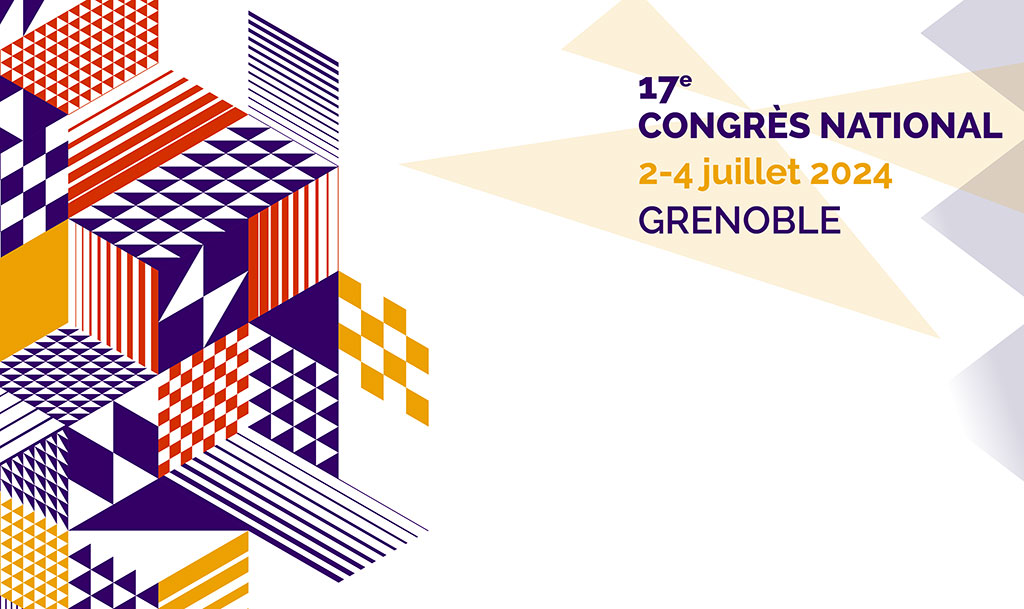Laura Ruiz de Elvira will be co-hosting avec the research group NATER a group session about the « The heuristic potential of restricted access to the field: methodological creativity and theoretical renewal » at the 17th National Congress of the French Association of Political Science (AFSP) in Grenoble, France from 2nd to 4th of July 2024.
Here is a summary of the session :
Researchers face challenges related to restricted access to the field for many reasons. Long-term fieldwork often involves experiences of access being both granted and denied, necessitating a nuanced understanding Engaging in research within so-called sensitive contexts requires regular renegotiation of the researcher’s position within the field and, more broadly, of the fieldwork relationship (Bensa & Fassin, 2008).
This session aims to explore how the various constraints on field access (including bureaucratic, ethical, financial, security, political, etc.) prompt researchers to redefine their research object. It leads to the study of previously overlooked aspects, methodological creativity or the construction of new conceptual frameworks. We intend to collectively discuss these challenges and how they reframe the research endeavors. For example, prior knowledge of the field enables expanding the analysis by exploring multiple observation site. Moreover, researchers confronted with these challenges have explored avenues such as training programs on « online » research (digital ethnography, online interviews, web scraping), sessions on « remote » research sites (like the ERC OFF-SITE directed by Chowra Makaremi), or workshops integrating artistic and scientific practices (Tunçalp & Lê, 2014; Pastinelli, 2011).
Drawing on a variety of fieldworks carried out by emerging researchers, this session will focus on the effects of field closure resulting from armed conflicts, democratic breakdowns, or political crises. Beyond methodological and theoretical adjustments, these situations disrupt the research schedules, particularly when contractual obligations and career prospects hinge on completing (post)doctoral research within specific timelines. Additionally, this session will highlight the emotional upheavals (sadness, dismay, feelings of powerlessness, or despondency) experienced by researchers in the face of political crises impacting their fields, an aspect that has received limited study regarding its effects on research. Finally, we will look at the new ethical issues that are transforming researchers’ relationships with their fields. Rather than being perceived as additional obstacles, these issues will be approached as central considerations shaping and revitalizing research objectives, inquiries, and methodologies.
Link to the programm : https://www.afsp.info/congres/congres-2024/sections-groupes-2024/sg-12/

